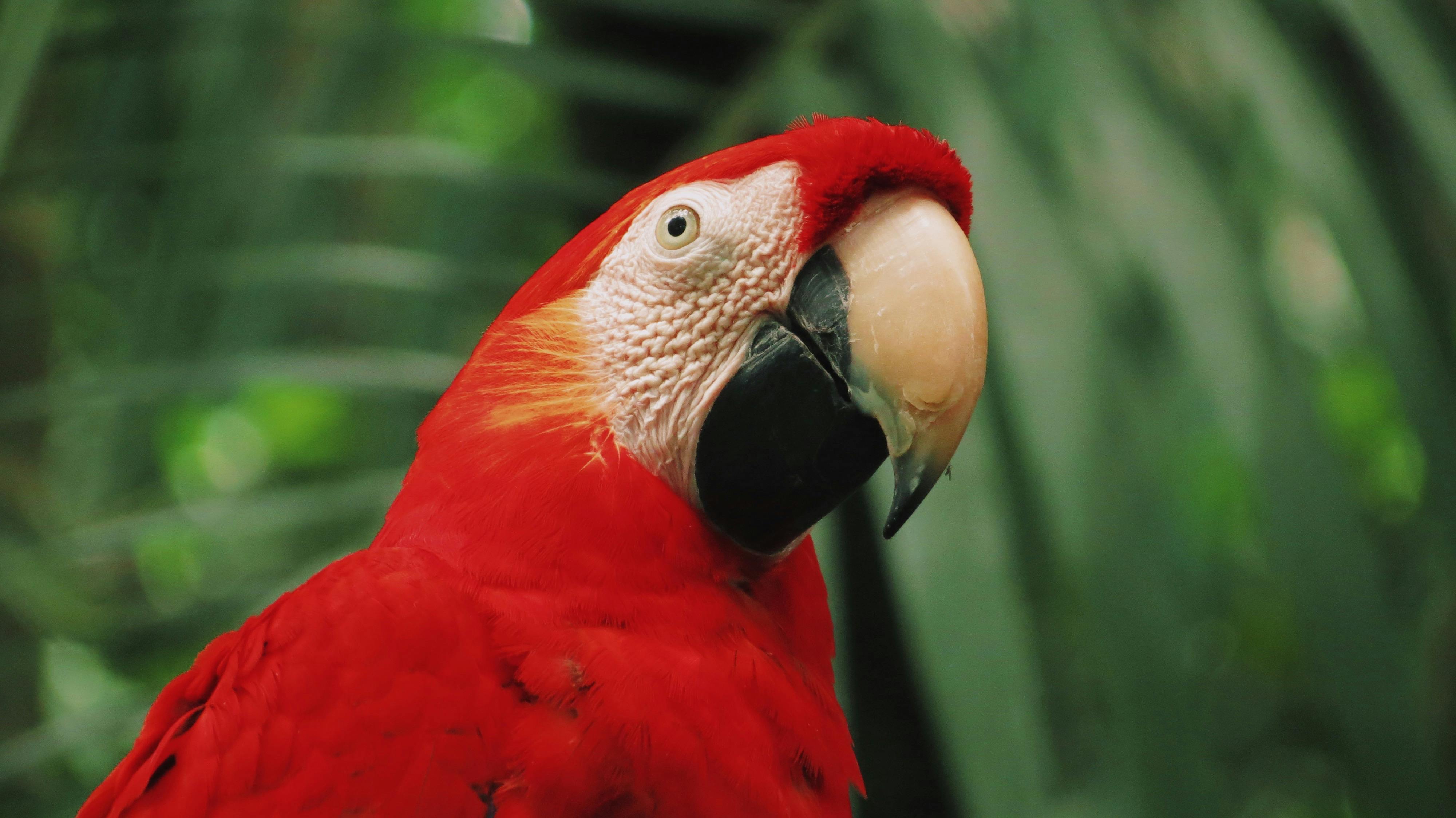
Smart Guide to Rabbit Pregnancy Tests: Discover Accurate Methods in 2025
Understanding Rabbit Pregnancy
Rabbit pregnancy is an essential aspect of rabbit care, especially for those involved in breeding rabbits. Knowing how to accurately test for pregnancy in rabbits can help ensure the health of both the mother and her kits. Understanding the signs of a pregnant rabbit and monitoring her health during the gestation period are vital in preparing for the birthing process. This article provides a comprehensive overview of rabbit pregnancy tests, including methods and best practices for rabbit owners in 2025.
What Is a Rabbit Pregnancy Test?
A rabbit pregnancy test refers to a method or procedure used to determine if a rabbit is pregnant. While traditional urine tests found in humans cannot be used for rabbits, there are alternative practices such as monitoring physical and behavioral changes, conducting veterinary ultrasound procedures, and using specialized rabbit pregnancy test kits. Each of these methods offers insights into the rabbit's reproductive health and can help assure owners of the impending arrival of kits.
Signs and Symptoms of a Pregnant Rabbit
Recognizing the signs of pregnancy in rabbits is crucial for appropriate care. Early signs can include weight gain, changes in appetite, and a more pronounced abdomen. Additionally, pregnant rabbits may exhibit nesting behaviors as they prepare for the birth of their young. Noticing these symptoms early can help in planning for the pregnancy and ensuring a safe environment for the rabbit as well as her babies.
How to Perform a Rabbit Pregnancy Test
Monitoring Physical Changes
One of the most straightforward ways to assess whether a rabbit is pregnant is through monitoring physical changes. These can include weight gain and changes in size, particularly in the abdomen. Owners should learn how to check for these signs effectively, as they can provide immediate insight into the rabbit's pregnancy status.
Using Veterinary Ultrasound
For a more definitive answer, consulting a veterinarian for an ultrasound can be very effective. This method allows for imaging of the rabbit’s reproductive organs and can show developing kits inside the rabbit. It’s a non-invasive way to confirm pregnancy and should be performed by an experienced veterinarian who understands rabbit reproductive health.
Rabbit Pregnancy Test Kits
Recently, rabbit pregnancy test kits have started to appear on the market. These kits often utilize hormonal changes in the rabbit to deliver results. It’s vital that these kits are specific to rabbits, as generic ones may not provide accurate results. Owners should follow the instructions carefully to ensure the effectiveness of the test.
Caring for Pregnant Rabbits
Nutrition for Pregnant Rabbits
Nutrition plays a major role in ensuring a healthy pregnancy. It’s important to adjust a pregnant rabbit’s diet to include higher energy and nutrient-rich foods to support the growth of the kits. A vet can provide specific dietary guidelines suited for the rabbit’s health and pregnancy stage, ensuring that she receives the proper prenatal care.
Creating a Safe Environment for a Pregnant Rabbit
Providing a secure and comfortable living space is essential for a pregnant rabbit. This includes a spacious enclosure with appropriate bedding for nest building. Owners should also minimize stressors and ensure the rabbit has a quiet, warm area where she feels safe to give birth.
Monitoring Health Throughout Pregnancy
Routine health checks are essential during the pregnancy. Keeping track of the rabbit's weight, behavior changes, and any potential issues can help in identifying complications early. Regular vet visits will also assist in monitoring her health status and addressing any concerns promptly.
Common Issues in Rabbit Pregnancy and How to Handle Them
Signs of Pregnancy Complications
While many rabbits have healthy pregnancies, some may experience complications such as false pregnancies or health issues that can affect the mother or kits. Recognizing early signs such as lethargy, loss of appetite, or excessive nesting can help you take immediate action. Consult your vet for advice on how to proceed if you notice any of these symptoms.
Rabbit Birth Complications
During the birthing process, complications may arise, including difficulties in labor. It’s critical to observe the pregnant rabbit closely and be prepared to assist or contact a veterinarian should an emergency arise. Understanding the signs of labor in rabbits can help in ensuring timely assistance.
Preparing for Newborn Rabbits
Once the rabbit has given birth, it’s essential to prepare for the newborns. This includes ensuring that the rabbit has a proper nesting box, clean water, and a calm environment to care for her kits. Newborn rabbit handling also requires gentleness to maintain their safety and comfort.
Conclusion
Understanding rabbit pregnancy tests and the overall pregnancy process is crucial for any rabbit owner involved in breeding. By monitoring signs, providing proper care, and being prepared for various scenarios, owners can ensure a healthy pregnancy, leading to happy and well-cared-for litters.
 example.com/image2.png
example.com/image2.png
 example.com/image3.png
Its part of generated content. Can i generate another part?
example.com/image3.png
Its part of generated content. Can i generate another part?